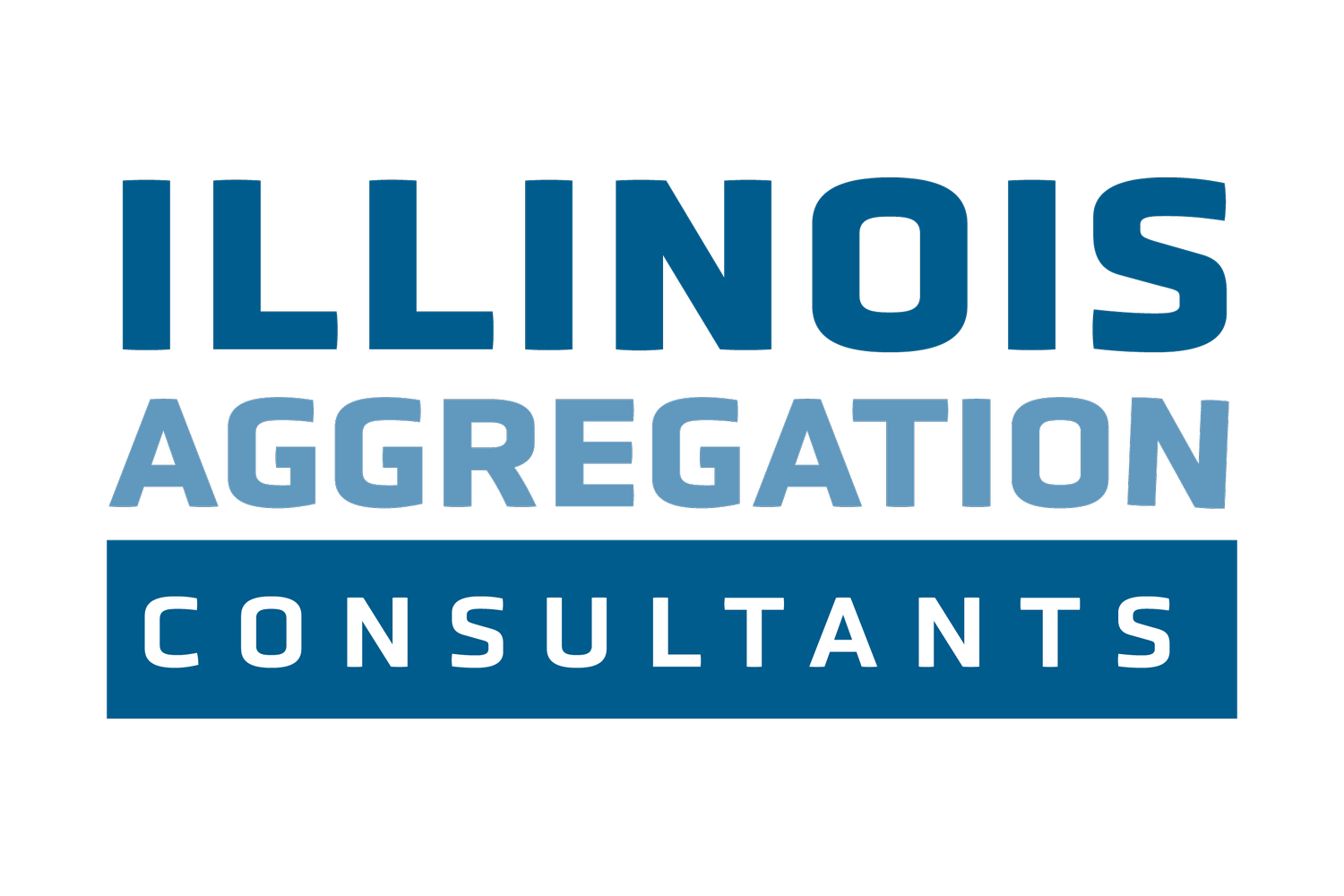Municipal Electric Aggregation FAQs for Residents and Small Business Owners

What is Municipal Electric Aggregation?
It is a program in which a municipality entity (city, village, county, township) negotiates for the purchase of electric supply on behalf of its residents and eligible small businesses. When negotiating on behalf of a large group, the municipality may expect to receive lower, more competitive rates, benefits, and most protective terms, such as never any added fees as well as highest customer service from the aggregation consultant team.
Why does it exist?
In 2007, the Illinois legislature passed the Public Utilities Act. In 2009, Governor Quinn signed into law Section 1-92, enabling municipal bodies in Illinois to present a Referendum for vote which, if passed by majority voters, enabled electric aggregation. The Referendum question was this: “Shall [municipality name here] have the authority to arrange for the supply of electricity for its residential and small commercial retail customers who have not opted out of such program?” As of 2021, voters in 823 cities, villages, counties and townships in Illinois had passed the legislation by majority vote.
What is the ComEd rate?
The annualized ComEd Price to Compare for the Energy Year June 2022 to May 2023 is 10.191¢ per kWh. The summer rate (Jun – Sep 2022) was 11.041¢ and the non-summer rate (Oct 2022 – May 2023) is 9.765¢. A monthly variable, the Purchased Electricity Adjustment (PEA), is added, which may be up to a one-half cent credit or debit. For complete detail about the current ComEd residential and small commercial retail rate, click here.
If I participate in Aggregation, will I receive two bills?
No. ComEd is required to do all billing for your account to include electric supply, delivery, and taxes. ComEd delivers electricity, and continues to bill you, but ComEd does not generate electric power. The way you pay your bill does not change.
What are Renewable Energy sources?
Solar, wind, hydro, biomethane, and industrial heat recovery are some examples.
What about Early Termination fees?
None, ever. The Home Energy Affordability and Transparency (HEAT) Act, effective January 1, 2020, states “Residential and small commercial retail customers shall have a right to terminate their contracts with alternative retail electric suppliers at any time without any termination fees or penalties.”
How does a Renewable Energy Certificate (REC) work?
View this video clip produced by the EPA.
Why support renewable wind generation resources?
For the ten years ending 2017, coal-based generation in the US has been reduced 40% whereas wind-based generation increased by 638%. Wind energy helps to reduce carbon footprint. Additionally, this program achieves a strategic objective of the Metropolitan Mayors Caucus Greenest Region Compact.
Tips for ratepayers: How to protect your account and recognize scammers
Please know that ComEd states they will never call or visit your home to sell electricity. They will never ask for your account number, your social security number (excepting when you initially establish your account to set up new service in your residence), nor ask for bank information or request payment via phone. Any concerns about suspicious behavior? ComEd states you may freely call them with any concerns at 800-334-7661.
No one from ComEd or a legitimate supplier will request you to make direct payment with an app such as Cash App, QuickPay, Venmo, or Zelle. They will not request payment with a prepaid card or crypotcurrency. They will not request your credit card information.
You need never provide your ComEd account number to a solicitor (via phone or at your door.) Keep your account number private as you would your SSN. Check the name and sender of an email to ensure it matches the business that has reached out to you.
For tips such as an energy assessment, rebates, and discounts, and information about discovering financial assistance programs, visit ComEd’s website.
